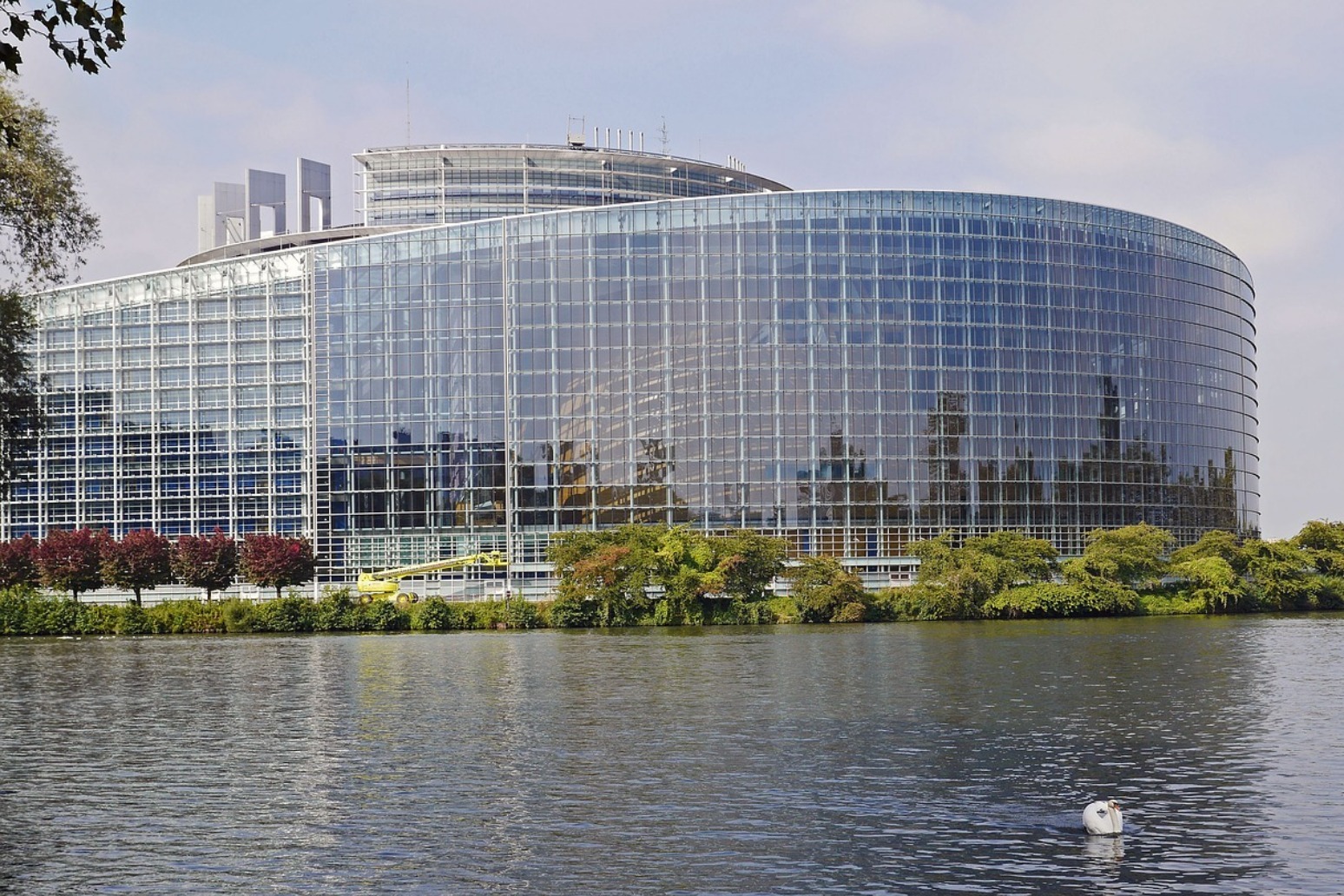
EU's Barnier hails "decisive step" toward Brexit
The European Union's Brexit negotiator Michel Barnier says the British government's agreement to a draft treaty was a "decisive step" toward ensuring Britain's orderly withdrawal from the bloc.
Addressing reporters in Brussels less than an hour after British Prime Minister Theresa May announced she had secured the backing of her fractious cabinet for the deal, Barnier acknowledged that things could still go wrong but said the deal worked out over 17 months was a major step forward.
"This agreement is decisive, a crucial step in concluding these negotiations," he told reporters.
"This is a precise, detailed document... which provides legal certainty for everyone and on all the issues where we have to deal with the consequences of Brexit."
"...I know that the road is still long and may be hard to guarantee an orderly withdrawal and, beyond that, to build an ambitious and lasting partnership with the United Kingdom."
But Britain would remain "our friend, our partner, and our ally," he said.
He had passed his recommendation on to member state governments that the required "decisive progress" had been made toward a deal, allowing national leaders to meet at a summit to sign it off. EU diplomats expect that to happen on Nov. 25.
Barnier will meet summit chair Donald Tusk early on Thursday to discuss that and will then fly to Strasbourg to brief the European Parliament, which like its British counterpart, must ratify the withdrawal treaty. May faces a major struggle to get British lawmakers to approve the text.
Barnier detailed how an "backstop" protocol for Ireland, which has held up a final accord for most of this year, would follow proposals made by May.
These will see the whole of the United Kingdom stay in a customs union with the EU if a better solution is not found by mid-2020 that would see trade flowing easily across Northern Ireland's EU land border.
May's critics say Britain may be stuck in a customs union and obliged to follow many EU rules long after Brexit. However, the backstop draft does address British concerns that Northern Ireland would be separated by a customs border from the mainland -- though it would still have to follow more EU rules than the rest of the UK.
Another sensitive issue that requires further negotiation is how access to Britain's fishing grounds for EU fleets will be handled in any future customs arrangement.
Negotiators have a draft outline of a political declaration on what kind of future trading relationship the two sides want and have committed themselves in the draft treaty to reaching a deal before a status-quo transition period ends in 2020. If they have not, they can extend the transition, once, by mutual agreement for a period that Barnier said would be "limited".
Published: by Radio NewsHub